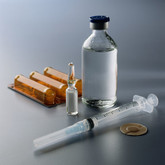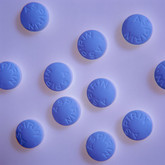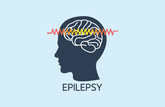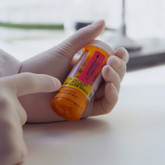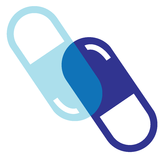Generics/Research
Medicines pricing conditions in Italy and Brazil: comparison of regulations
In the context of the National Health Services (NHS), the gearing that moves the health services comprises a legal framework, permeated by technical and economic parameters.
Relevance of NTI to the treatment of epilepsy
In a mini review, author a Roy G Beran discusses what is the relevance of a narrow therapeutic index (NTI) to the treatment of epilepsy [1].
What is the meaning of a narrow therapeutic index?
What is the meaning of a narrow therapeutic index (NTI) is a topic explained by author Roy G Beran, in a mini review [1].
Consequences of generics being favoured by healthcare providers
Generics are favoured by healthcare providers due to a variety pf reasons, according to author Roy G Beran [1].
What is meant by a generic medication and generic equivalence?
Author Professor Roy G Beran, in a mini review, explains what generics are and what is meant by generic equivalence [1].
The cost of developing drugs and use of generics
In a mini review, author Professor Roy G Beran explains how generics can be produced at a much lower cost than originator drugs [1].
Re-evaluation of the use of generics, especially when treating conditions such as epilepsy
Regulatory bioequivalence rules for generics are well established and recognized. However, proving bioequivalence may not always be so easy, especially with drugs with a narrow therapeutic index (NTI) [1].
Repurposing generic drugs can save time and money
Repurposing generic drugs for new indications could save time and money compared to developing new treatments and represent a cost-effective way of addressing unmet medical needs, argues a new article by a University of Michigan professor [1].
Availability of medicines and the sustainable development of the national health system in Russia
The modernization of the drug supply system for citizens as a multifaceted process that ensures the sustainable development of the national health system is the focus of attention of the economy, the state and society. In order to study this, authors from Russia carried out a study to analyse the availability of medicines for the population for the treatment of cardiovascular diseases in 2011 and 2019 [1].
Generic etoricoxib is equivalent to the reference drug
A study comparing generic etoricoxib (ETO) to the originator drug Arcoxia [1] finds that the generic version of the drug is bioequivalent to the reference compound, according to the Association of Southeast Asian Nation (ASEAN) bioequivalence guidelines.
